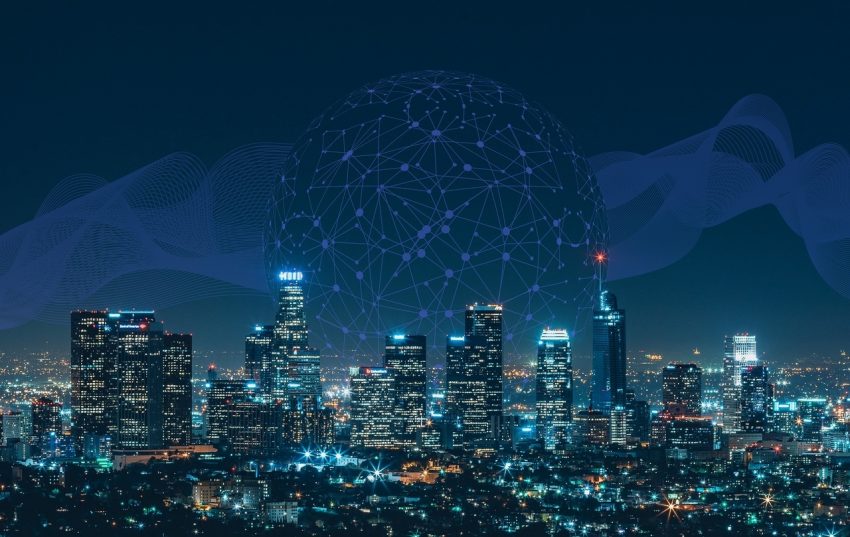A lot of data is collected in aviation and airport operations that is useful for algorithms and machine learning. Big data techniques for analysis and forecasting could increase efficiency in any number of industry objectives. Can the conservative and safety-conscious aviation industry trust machine learning? It’s a question of knowing when to use it – and when not to.
[blockquote text=”Machine learning is especially effective for making predictions within complex, dynamic systems” text_color=”#004361″ show_quote_icon=”yes”][vc_separator type=’transparent’ position=’center’ color=” thickness=’5′ up=” down=”]
‘Fear of algorithms’
Whether you call it machine learning or artificial intelligence, it is usually that analysis and learning from historical data that most people are referring to when talking about algorithms. Harnessing data-driven insights has a lot of advantages, especially for increasing predictability and efficiency and exposing risks.
However, machine learning is itself not without risk. Analysing the past cannot predict the future with 100% certainty. If what machines analyse is wrong, or no longer happens because processes have changed, the results will be wrong. Misuse and mishaps involving artificial intelligence, such as the recent controversy around Amazon’s biased hiring systems, receive massive media attention that focuses on our lack of control and further fuel the ‘fear of algorithms.’ That fear is unwarranted if machine learning is applied in the right way and the risks are understood.
A black box
Machine learning programs analyse huge amounts of data, then use that to predict future outcomes. It can be a bit like a black box in that we cannot see how it works because of the enormity of the data. Trepidation at allowing machines to make decisions for us is, therefore, understandable.
Certainly, there are times when relying on machine learning to make decisions is not useful, or even desirable. Critical situations with a high safety impact, for instance, require a level of certainty that machine-learned solutions may not be able to provide. The risk of (not) acting on a wrong answer here is simply too great.
Predicting rare occurrences is usually unreliable, as well. A good example is runway incursions. Not only are runway incursions rare, but the conditions that cause them don’t necessarily always lead to one. Machine learning from past data would ignore such ‘anomalies’ and never predict an incursion. A system that alerts to relevant conditions so that mitigative action can be taken would be more effective in this case.
Knowing the strengths and limitations
Machine learning is especially effective for making predictions within complex, dynamic systems that are driven by multiple factors, such as are common in the aviation industry. This makes it incredibly useful for improving predictability to increase efficiency and decrease risks, especially when the chance of occurrence is high, and the impact is more economics than safety. We use machine learning models to forecast dynamic situations like capacity planning and runway maintenance planning. Our Airport Forecasting System (AFOS), like the one we developed for Amsterdam Airport Schiphol, can effectively predict runway capacity using meteorological predictions and historical runway usage data.
Machine learning can find and alert on complicated risks and errors, after which users should apply critical thinking and weigh the potential impact to determine the validity and action required. It is, therefore, essential to first have a full understanding of the operations when deciding whether to implement machine learning. There is no one-size-fits-all and a critical approach, including continuous testing and validation, is still the best way to benefit from machine learning.
About To70. To70 is one of the world’s leading aviation consultancies, founded in the Netherlands with offices in Europe, Australia, Asia, and Latin America. To70 believes that society’s growing demand for transport and mobility can be met in a safe, efficient, environmentally friendly and economically viable manner. To achieve this, policy and business decisions have to be based on objective information. With our diverse team of specialists and generalists to70 provides pragmatic solutions and expert advice, based on high-quality data-driven analyses. For more information, please refer to www.to70.com.


Your blog is very nice thanks for sharing then just Very nice, thanks for sharing to us Enjoyed every bit of your blog. Really looking forward to reading more.